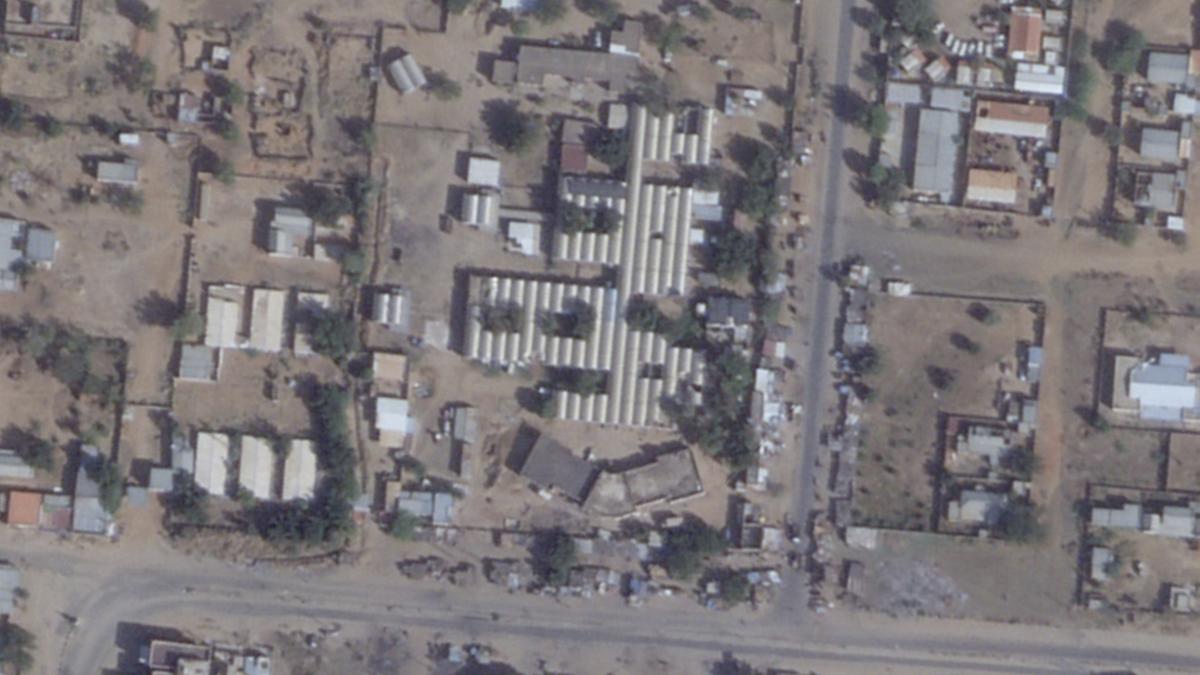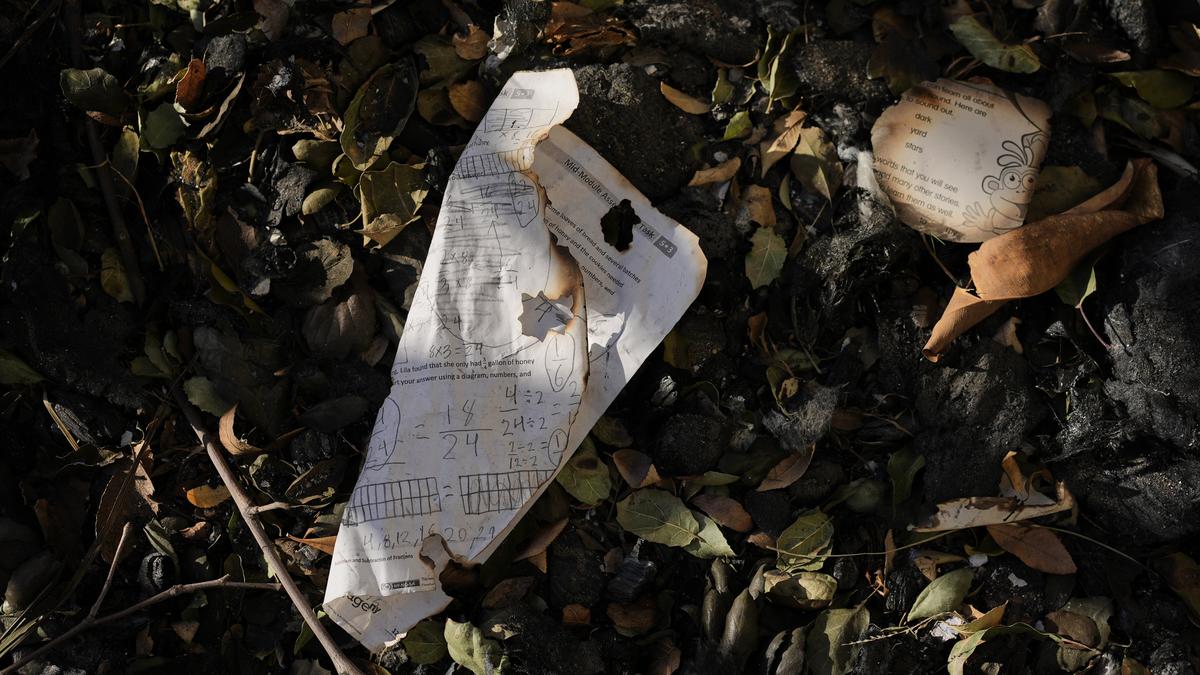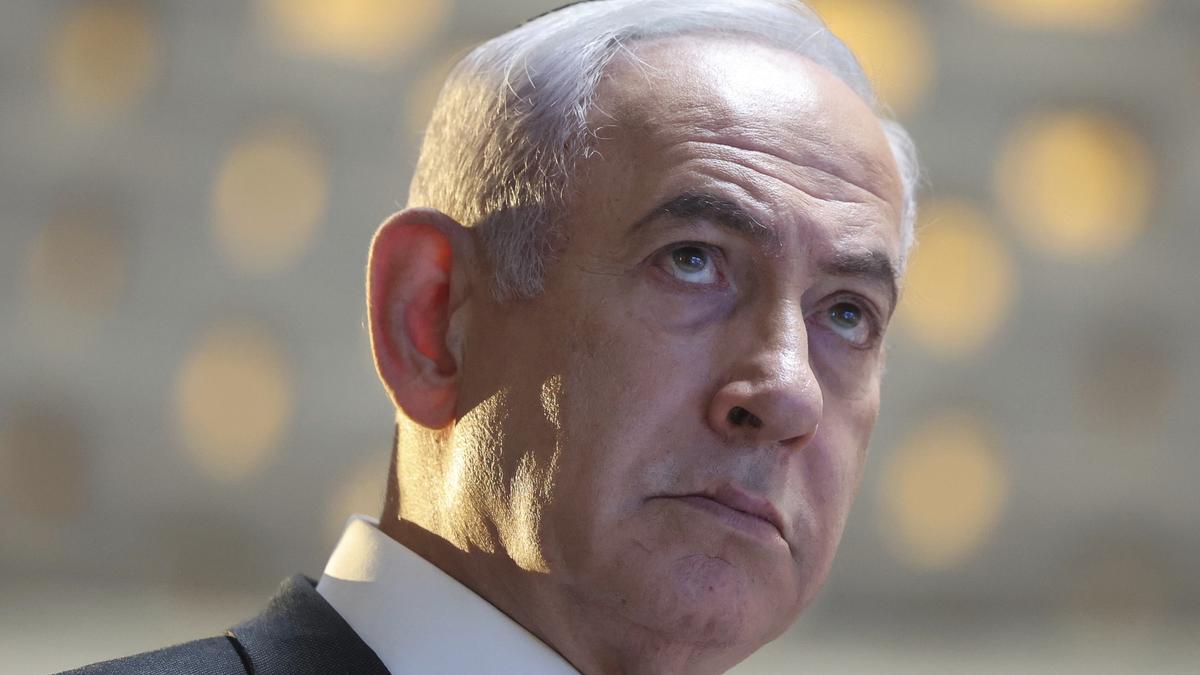Iraqi Kurdish ministries of electricity and natural resources said on April 27 that they are working with their partners to restore operations at the Khor Mor gas field in Iraq’s Kurdistan region after output was suspended due to a deadly drone attack.

At least four Yemeni workers were killed and two other workers injured in the attack late on April 26, the Kurdish regional government said on X. It said gas supplies to power plants were also halted, resulting in a reduction of approximately 2,500 MW of power generation.
So far no group has claimed responsibility for the attack.
Iraqi President Abdul Latif Rashid and Prime Minister Masrour Barzani both condemned the attack.
“Our security services must investigate the incident without delay and hold the perpetrators accountable. Preventative measures must also be taken immediately,” Mr. Rashid said in a post on April 27.
“Attacks on energy hubs that power millions of homes in the Kurdistan Region and Iraqi provinces are indefensible. These attacks also sabotage efforts by Erbil and Baghdad to develop the energy sector. They happen with disturbing frequency and amount to war crimes,” Mr. Barzani said on April 26.
The U.S. State Department said in a statement: “Attacks like this are an affront to Iraq’s sovereignty”.
Pearl Petroleum, a five-company consortium that includes two major independent United Arab Emirates oil and gas companies – Dana Gas and Crescent Petroleum, has the rights to exploit Khor Mor and Chemchemal, two of Iraq’s biggest gas fields.
Iraq has witnessed drone and rocket attacks since Israel’s war in Gaza began in October, mostly targeting bases housing troops belonging to a U.S.-led military coalition. They have been claimed by the Islamic Resistance in Iraq, an umbrella group of hardline pro-Iran militias.
The attack on April 26 also underscores security concerns for the oil-rich nation.
The Khor Mor gas field lies near territories under Iraqi control and Kirkuk province, one of the disputed territories between the Iraqi capital Baghdad and Erbil, the provincial capital of Iraq’s semi-autonomous Kurdistan region.
Natural resources have been at the backbone of Kurdish hopes for autonomy since a civil war erupted in the 1990s.





